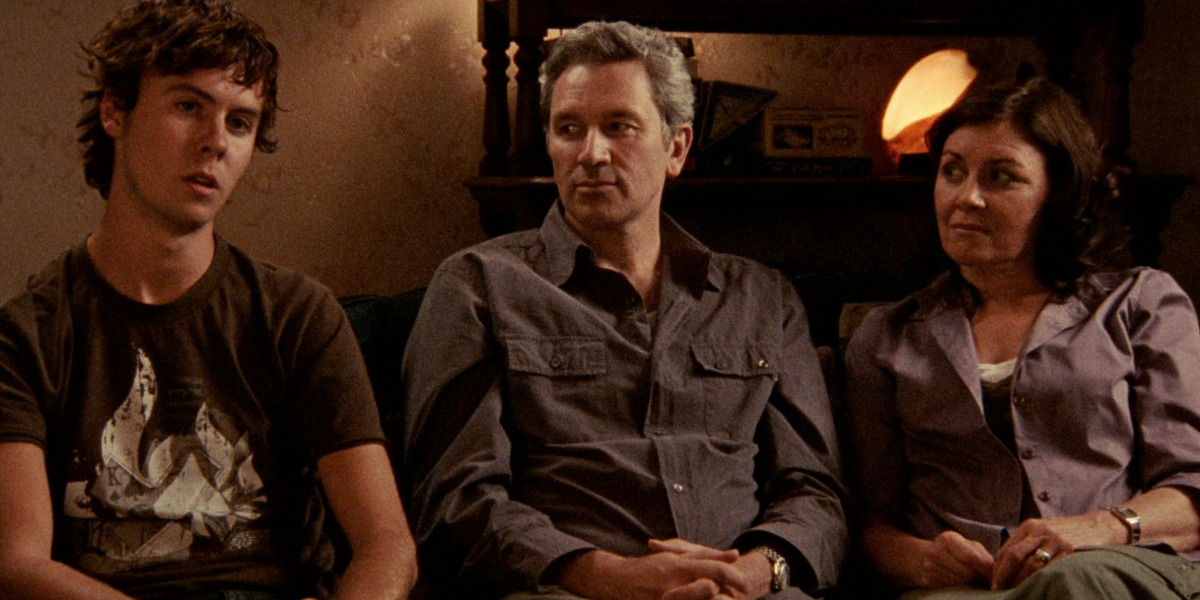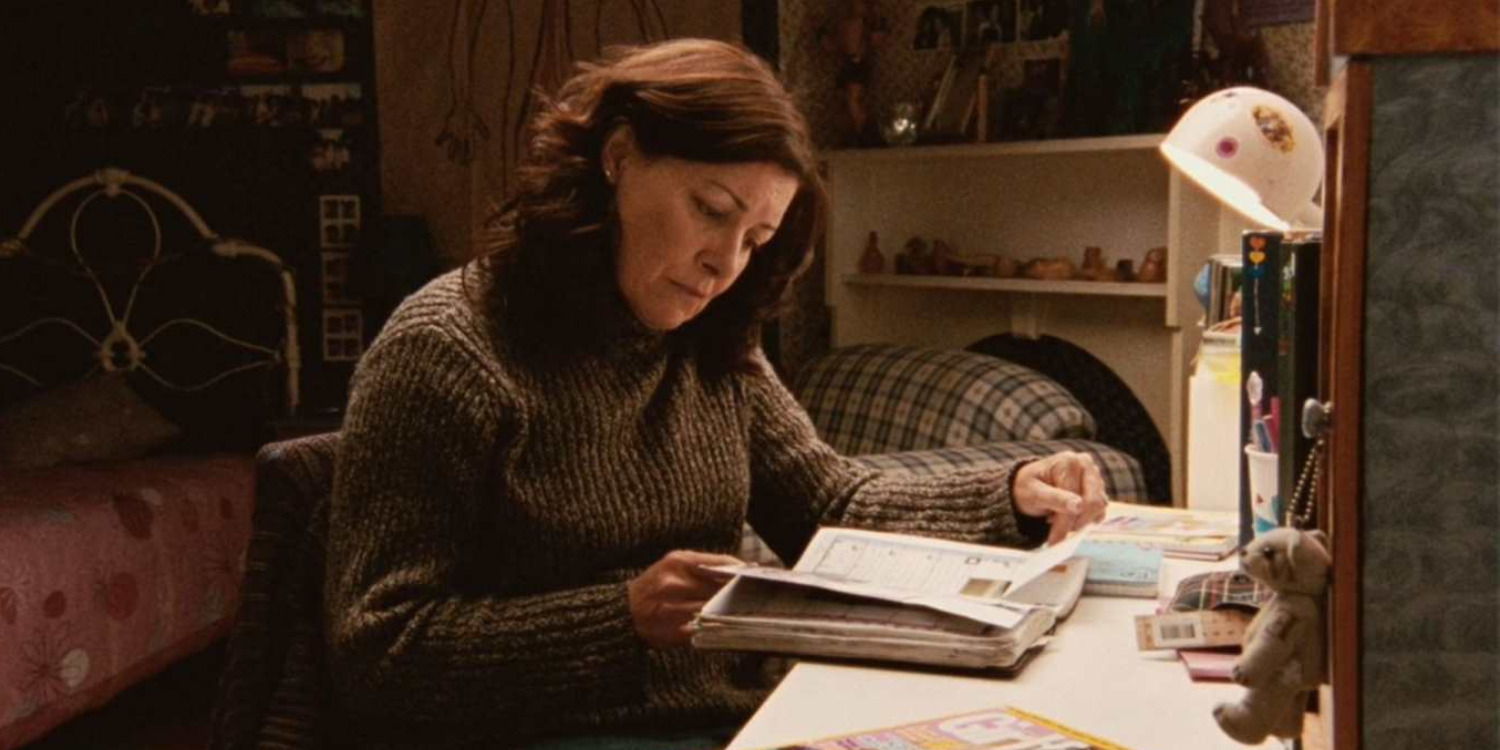‘Lake Mungo’ is a 2010 horror drama film directed by Joel Anderson that explores the intricate and horrifying effects of deep-seated grief. Alice Palmer, a sixteen-year-old girl, dies after drowning in a dam during a family swimming trip. While the family, parents Russell and Jane, and Alice’s brother, Matthew, try and fail to move on from the tragedy, several inexplicable activities happen around their house. Eventually, the Palmers contact a psychic, Ray Kemeny, to help them find closure. However, they end up finding a world of secrets about Alice and the unknown life she lived.
The film equips a documentary-style storytelling format to convey the varied reactions of Alice’s family members and explore the complicated nature of grief caused by the death of a loved one. Rooted in authenticity, this horror film instills dread and anxiety, blurring the lines between fiction and a chilling true story.
Lake Mungo is a Fictional Tale
With director Joel Anderson as the lead writing credit on the film, this story is a work of fiction credited to the filmmaker’s imagination. The film presents a realistic tale about a grieving family, with the lines between reality and fiction often blurred both within the characters’ lives and the overall narrative. The film’s ambiguous nature, corresponding with its ambiguous ending, is calculated and intentional.

Anderson spoke to After Dark Films about the inspiration behind the film and shared the points within the story that caught his interest. Initially, the filmmaker prepared a script that required complex production and high financing. Eventually, the idea of making a more manageable film seemed appealing to him, and he modeled the final script accordingly.
The decision opened up new avenues for the writer/director, who realized the smaller budget gave the crew an opportunity to explore different filming technologies. The same seamlessly blended into the narrative’s discussion of reality. “So, in lots of ways, I’m really interested in how our sense of what is real, our sense of how we remember things, is videoed through technology—nowadays, more so phones, video-phones. And so, I think it was sort of symptomatic that we then used almost every format known in this film.”
The variety of filming formats, ranging from blurry video phone footage to era-appropriate high-quality cameras, feeds into the story’s realism further. Since the audience experiences many turning moments through such intimate mediums, the authenticity of such moments increases.
Alternatively, the film’s subject matter of a family’s unending grief that leads them to irrational or delusional conclusions informs a crucial aspect of the story’s connection to reality. While discussing the same, Anderson said, “Well, I think, just as a hypothetical, the idea of someone in your family or someone you care for dying and being in a tragedy is the one thing I think everyone fears most. It’s a very human, very genuine fear.”
“It’s really ripe for drama, and I think the potential—the idea that they might still exist, in a paranormal sense, that there might be something of them left behind—is incredibly strong, and people have a very strong affinity with that idea because it gives hope; it’s a strange kind of hope, but it’s better than nothing. So, I think those were the things I found quite compelling ideas for a story.”
The film does an amazing job of portraying the Palmers going through such a universal yet deeply personal tragedy. The characters are engulfed by their circumstances after being hit by a uniquely all-consuming disaster. Furthermore, the film notes a poignant detail about grief over the loss of a loved one. Throughout the film, we see Alice in her relation to her family, with her character built around their perception of her.
However, for the Palmers to start their journey toward moving on, they have to discover Alice’s secrets and learn just a bit more about who she was near her dying moments. Ultimately, through all its layers of realism and authenticity, ‘Lake Mungo’ remains a fabulously done fictional story about very real circumstances.
Read More: Best Underrated Horror Movies


You must be logged in to post a comment.